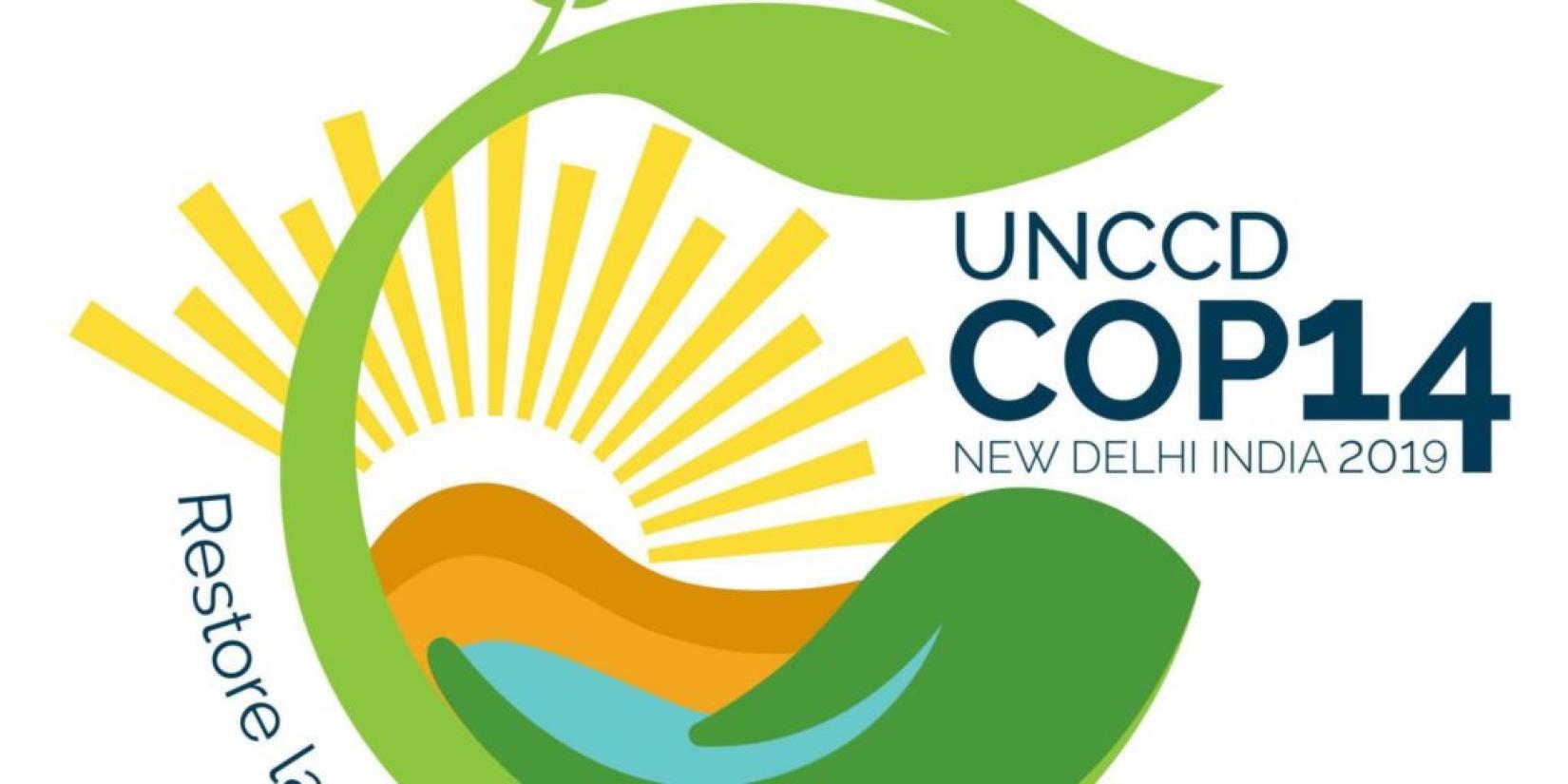World Day to Combat Desertification
World Day to Combat Desertification
17 June 2019, Vigyan Bhawan; Speaking slot: 10.15 am to 10.25 am
Acknowledgements
1. Mr. Prakash Javadekar,…

World Day to Combat Desertification
17 June 2019, Vigyan Bhawan; Speaking slot: 10.15 am to 10.25 am
Acknowledgements
1. Mr. Prakash Javadekar, Minister, MoEFCC
2. Mr. Babul Supriyo, Minister of State, MoEFCC
3. Mr. Amitabh Kant, CEO NITI Aayog
4. Mr. C.K. Mishra, Secretary, MoEFCC
5. Mr. Anil Kumar Jain, Additional Secretary, MoEFCC
6. Mr. Jigmet Takpa, Joint Secretary, MoEFCC
7. Other dignitaries and members of the audience
Talking points
· A very good morning to all of you. First, I’d like to thank the Ministry of Environment, Forest and Climate Change for bringing us all together on this important occasion. The World Day to Combat Desertification gives us yet another valuable opportunity to refocus on this important topic – important for India and for the world.
· Second, I’d like to express the admiration and appreciation of the United Nations for what India is doing, and striving to do, to address the challenge of desertification:
o We commend for the country’s domestic efforts to combat desertification and reverse land degradation trends, with the ambitious goal of land degradation neutrality by ……;
o We commend for India’s global leadership in the fight against desertification, and climate change more broadly, as the two are so inextricably linked;
o We commend for India’s generous assistance in this field to other developing countries -- through financing, capacity building support and technology;
o And, last but not least, we commend to India for hosting the upcoming 14th Conference of the Parties to the UN Convention to Combat Desertification.
· I have only recently arrived in India but even before landing, India’s reputation as a global leader on climate change was known to me. Your ambitious domestic targets and your championing of climate justice -- common but differentiated responsibilities -- stand out globally. And it’s not just the temporal north-south dimension of common but differentiated responsibility that you have championed, it is also the very basic human ethical obligation of the ‘haves’ of this world to help secure the future of the ‘have-nots’ – the poorest and most climate vulnerable inhabitants of our planet. We could call it a “climate leave no one behind approach” ethos.
· This is what the SDGs are all about. This is also, as I understand it, what the social fabric of India is founded upon. And this is what the Government of India has dedicated itself vigorously to.
· More specifically, with respect to desertification, and land degradation in particular, we all know the figures: some 24 billion tons of fertile soil is being lost every year globally; if the global population reaches 10 billion by 2050 we’ll need to increase food production by 75% which will likely require 4 million acres of new land every year. The only way forward is to reclaim resources and safeguard the ones we have.
· Desertification is not just an environmental issue; it’s also a social concern -- It impacts on people’s health. It requires people, often women, to travel farther and farther distances to acquire water and food. It’s also an economic concern -- it impacts people’s livelihoods and wellbeing. Here in India, it’s estimated that land degradation costs some 1.3 percent of its GDP every year.
· And, as if these concerns were not enough, desertification and land degradation impact us in intangible ways as well. Because the land we live on and the water we drink have intrinsic value as well. They are not only utilitarian. We also value them for reasons we struggle even to express.
· Traditional societies had and still have a reverential approach to the land and water and nature in general. For centuries they kept the world’s land, forests and water bodies clean and sustainable. It was only relatively recently in our history, when the world began to modernize in earnest, that we left this age-old ethos and wisdom by the wayside. We ignored nature’s value; we shot ourselves in the foot by adopting metrics of human progress, GDP and other monetary metrics, that do not differentiate between public goods and public bads, that ignore our own wellbeing and, worst, the wellbeing of our own children. We have worshipped at the alter of GDP until it’s no longer safe to eat much of the food on our plate and fill our lungs with air.
· India’s appeal to the world to come to its senses is much needed. You have the historical wisdom and gravitas to do this, perhaps more than any other country at this time.
· India’s goal to achieve land degradation neutrality by 2030 is leading by example, and it is aligned with the country’s nationally determined contributions under the Paris Agreement, and with its commitment to restore 21 million hectares of degraded land under the Bonn Challenge.
· These goals offer a pathway forward, to conserve and manage vulnerable land; to recover degraded lands; to resolve related issues of land tenure; fight climate change; increase food production and provide clean water. All this is much needed, as India will need to produce an additional 100 million tons of food grains by 2030 for its people. New innovative partnerships on land restoration, sustainable agriculture and food production can be catalytic both for achieving the land SDGs as well as other SDGs. Land-based development solutions are also becoming part of the global investment framework – including not only impact investors, but also traditional investors, banks, pension funds, etc
· The UN is here to support you in this work – here, domestically; on the multilateral stage, where your leadership is much needed, and; in your generous support to other developing countries struggling to cope.
· Thank you and I hope your deliberations will be successful, practical and impactful.


















